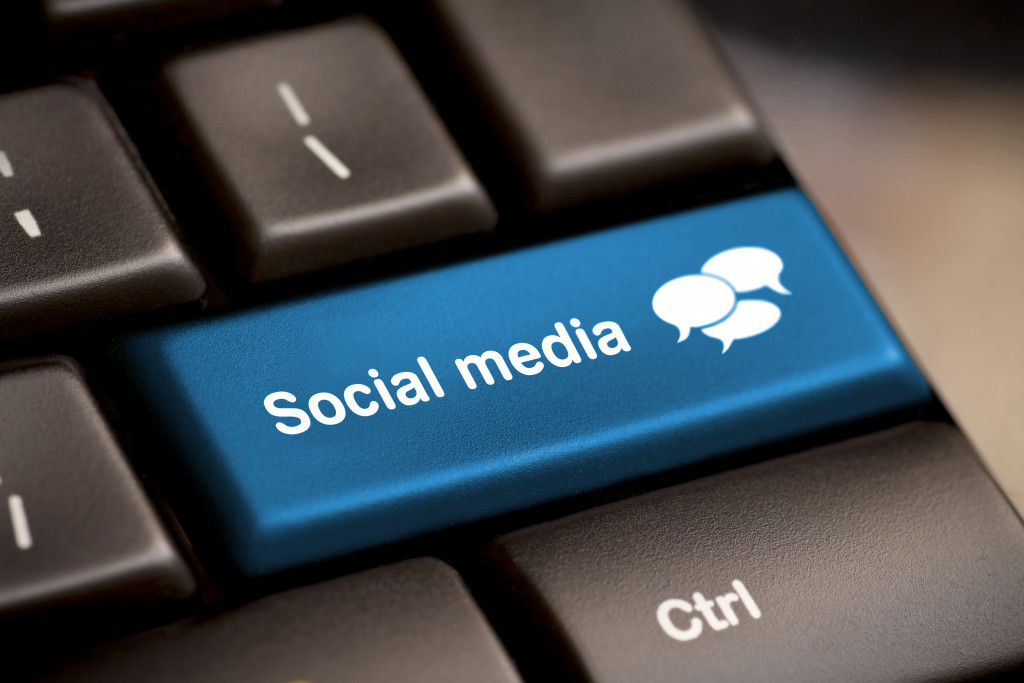Not many things have changed the way the public interacts with the government and vice-versa. Today, one wrong move from the government can send the public into a frenzy. People can dialogue with government officials—elected or appointed—on social media. They can air their grievances on Facebook. They can exchange tweets with public officials on Twitter. Although the power of social media seems to be on the side of the public, government agencies and departments—when done correctly—can also use social media for their own good.
Such is the power of the Internet over public policy creation and dissemination that the governments started hiring digital marketing agencies to help spread information to the public. How did the news about the coronavirus reach you? Is it through news channels? Yes? How about public policies about it? The spread of information about the minimum safety protocols was the work of people expert in digital marketing. They used social media and the Internet to disseminate much-needed information about the virus and how people can protect themselves from it.
Crisis Communication
The pandemic was a classic example of a public crisis. There was a need to spread information as fast and reliable as possible to the general public. There is no specific audience to speak of. Everyone must receive this information from the government. The people were on the edge of their seats about the coronavirus. The government must then help provide the assurance and comfort the public needs. What they want to hear is this: we are on top of the situation.
First, the government assigned an agency or department to stand as an expert on the coronavirus. There should only be one source of information about safety protocols such as distancing, handwashing, and the wearing of masks. Second, they used Facebook Live and Twitter to disseminate information. Third, they used easy-to-comprehend materials such as infographics and animation. And lastly, they talked in a calm and clear manner to boost public confidence in the government’s response.
Citizen Engagement
Just like in any business, an engaged audience is a happy audience. Never has the public been more aware and engaged on matters of public policies than they are now today. With social media, the government can help keep them informed about what’s happening in policymaking. They can ask for opinions and show how their suggestions matter to officials.
There are two benefits to citizen engagement on social media. The first one is you can build trust. The second one is you humanize your brand. Too often, the public forgets that there are actual people behind these government agencies. They talk about the agency as if no one is listening or cares about what they have to say. Thanks to social media, you can reach out to these actual, real persons and air your side of the matter. Governments can clarify issues and use social media as a platform to appeal for public understanding.

Public Trust
A survey recently concluded that more than anything else, voters want to see transparency and accountability from government offices. They did not exactly have the power to easily reach out to voters before, but social media changed that. Today, governments can give their voters a behind-the-scenes look into the day-to-day operations of the government.
They can use Facebook and Instagram Story to let the voters take a peek behind these often-closed doors. How does a debate between politicians look and sound like? How does a policy gets introduced to Congress? With social media, anything is possible, including giving your voters the chance to understand the process of building policies better.
Control False Information
There was plenty of false information that spread on the Internet during the height of the outbreak. There was even a news tidbit that said the virus could spread on a social messaging app. The government, thankfully, used social media to clarify inaccuracies and curb the number of falsehoods spreading on the Internet. While social media is truly beneficial for people and the government, it also has quite a number of ills, one of which is the quick spread of misinformation.
Social media and the government have a long way to go in a partnership that will always be tested by the challenges of modern times. But if the pandemic was an indication, things are looking up for the role of social media in creating public policies and disseminating information about it. Can you imagine the past year without both the noise and truthfulness of social media? No government will say that social media hasn’t been helpful in the past decade.



